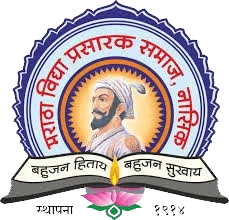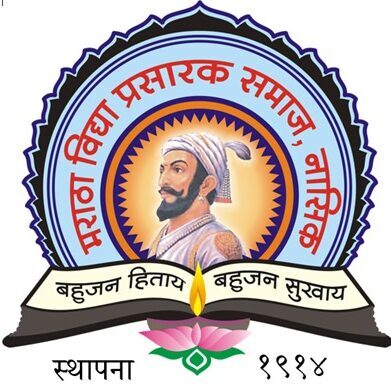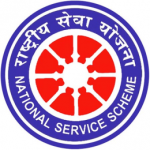 NATIONAL SERVICE SCHEME
NATIONAL SERVICE SCHEME
“NOT ME, BUT YOU”
After independence the UGC, headed by S. Radhakrishanan, recommended the introduction of voluntary national service in academic institutions. This idea was again considered by the Central Advisory Board of Education (CABE) at its meeting in January, 1950; after examining the idea and the experiences of other countries in this field, the board recommended that students and teachers should devote time to voluntary manual work. In 1958 Jawaharlal Nehru, in a letter to the chief ministers, considered the idea of social service as a prerequisite for graduation. He directed the Ministry of Education to formulate a suitable scheme for the introduction of national service into academic institutions.
The National Service Scheme is an Indian government sponsored public service program conducted by the Department of Youth Affairs and Sports of the Government of India. Popularly known as NSS, the scheme was launched in Mahatma Gandhi Centenary year, 1969. Aimed at developing student’s personality through community service, NSS is a voluntary association of young students in Colleges.
The symbol for the NSS has been based on the giant Rath Wheel of the world-famous Konark Sun Temple situated in Odessa, India. The wheel portrays the cycle of creation, preservation and release. It signifies the movement in life across time and space, the symbol thus stands for continuity as well as change and implies the continuous striving of NSS for social change. The eight bars in the wheel represent 24 hours of a day. The red colour indicates that the volunteer is full of young blood that is lively, active, energetic and full of high spirit. The navy blue colour indicates the cosmos of which the NSS is tiny part, ready to contribute its share for the welfare of the mankind. It stands for continuity as well as change and implies the continuous striving of NSS for social transformation and uplift.
OBJECTIVES OF THE NSS
- Students Personality development through community service.
- To understand the community in which the volunteers live.
- To identify the needs and problems of their community and involve them in the process of problem solving.
- To utilize their knowledge in finding practical solution for solve community problems.
- To gain skill in mobilizing the community participation.
- To practice National integration and social harmony.
STUDENTS ENROLLEMENT (Year wise)
| YEAR | MALE | FEMALE | TOTAL |
| 2024-25 | 108 | 142 | 250 |
| 2023-24 | 115 | 135 | 250 |
| 2022-23 | 94 | 156 | 250 |
| 2021-22 | 83 | 167 | 250 |
| 2020-21 | 110 | 140 | 250 |
SPECIAL CAMP (Year wise)
| Academic Year | Date | Place of Camp | Number of Participated | ||
| Boys | Girls | Total | |||
| 2019-2020 | 21/12/2019 to 27/12/2019 | Kavanai | 108 | 142 | 250 |
| 2021-2022 | 20/02/2022 to 26/02/2022 | Kavanai | 55 | 75 | 130 |
| 2022-2023 | 30/12/2022 to 5/01/2023 | Daundat | 83 | 42 | 125 |
| 2023-2024 | 18/01/2023 to 24/01/2024 | Take- Ghoti | 55 | 70 | 125 |
| 2024-2025 | 06/01/2025 to12/01/2025 | Take- Ghoti | 45 | 80 | 125 |


